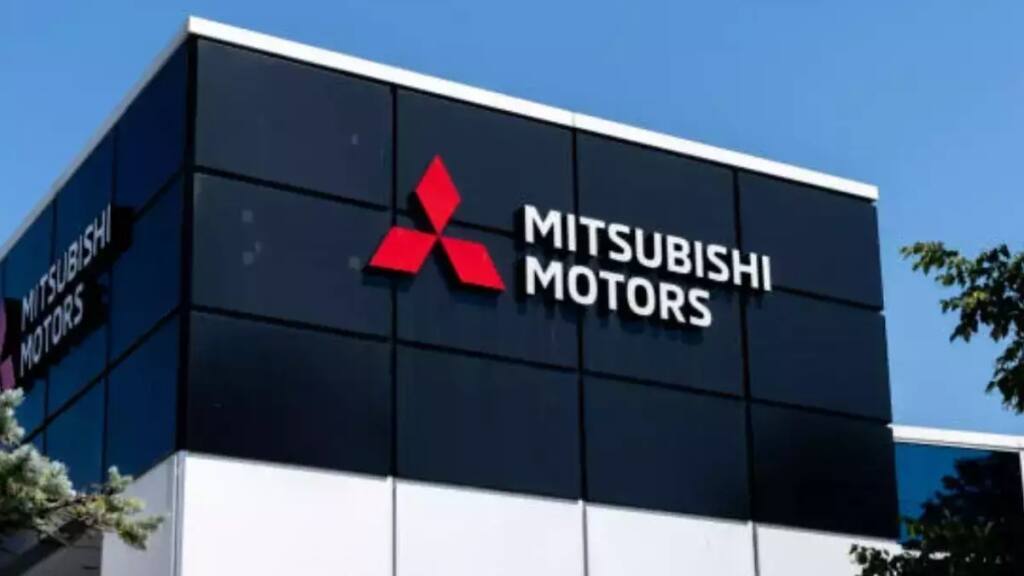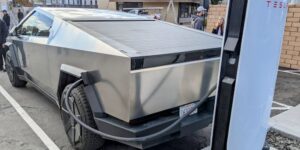Mitsubishi Motors Suspends China Operations Amid Electric Vehicles Transition

A big news came from the company Mitsubishi Motors China division, in response to years of poor sales and China’s shift towards electric vehicles (EVs), Mitsubishi Motors Suspends China Operations Amid Electric Vehicle Transition. The decision to shut down Mitsubishi’s operations in China came after the suspension of production at the Changsha plant in Hunan province in March 2023. This move highlights the challenges faced by Japanese automakers, as they grapple with adapting to the rise of EVs and the intensifying competition in the market, not just in China but around the world.
Impact of China’s Transition to Cleaner Vehicles
Mitsubishi’s existing lineup has been adversely affected by China’s increasing preference for cleaner and more sustainable vehicles. The company’s sales have fallen significantly below expectations, prompting the need for strategic changes. A company memo circulated on Chinese social media since 12th July 2023 revealed that management and shareholders have made considerable efforts to address these challenges. However, due to prevailing market conditions, Mitsubishi has made the difficult decision to transition towards new energy vehicles (NEVs) and endure the necessary trials and tribulations to ensure its future revival.
Optimizing Employee Structure and Ensuring Legal Rights
Both Mitsubishi Motors and its local partner, Guangzhou Automobile Group, are working diligently to optimize the employee structure amid this transition. The companies have committed to protecting the legal rights of affected staff members while undertaking necessary restructuring. This reflects their dedication to handling the situation responsibly and supporting the workforce during this challenging period.
The JV between China’s Guangzhou Automobile Group (GAC) made a statement on 13 July 2023, in which it mentioned staff cutting to save costs. This is performed to make it profitable and overcome the sharp decline in sales of it SUV’s; in specific the Mitsubishi Outlander. GAC is trying to rescue the JV and ensure the staff are looked after adequately. There was no indication of how many staff will be impacted by these changes. No comments were posted by Mitsubishi on these actions by GAC.
Japanese Carmakers and the Rise of Electric Vehicles
On 30th May 2023, an update was released stating Mitsubishi Motors will extend the suspension of production in China. Mitsubishi’s struggle in China mirrors the challenges faced by other Japanese car manufacturers in adapting to the rapid rise of EVs. Companies such as Honda Motor, Nissan Motor, and Toyota Motor Corp have experienced declining sales in China for the past two years. This decline can be attributed, in part, to their slower adoption of electric models compared to emerging competitors like Tesla and BYD. Toyota’s deliveries, for example, decreased in 2021 for the first time in ten years. The pressure to catch up with the global shift towards greener vehicles is mounting for Japanese automakers.
Mitsubishi’s Electric Vehicle Plans
Mitsubishi has recognized the need to align with the industry’s transition towards cleaner technologies. The company unveiled plans in March to electrify 100% of its global vehicle sales by fiscal year 2035. Additionally, Mitsubishi aims to invest up to $13 billion in electrification by 2030, underscoring its commitment to keeping pace with other major automakers. These initiatives demonstrate Mitsubishi’s determination to adapt to the changing market dynamics and remain competitive in the era of EVs.
Conclusion
Mitsubishi Motors’ decision to suspend its China business reflects the challenges faced by Japanese automakers in the wake of the EV revolution. China’s transition to cleaner vehicles has impacted Mitsubishi’s sales, necessitating a strategic shift towards new energy vehicles. By optimizing their employee structure and aligning with the global trend towards greener transportation, Mitsubishi aims to revive its presence in the market. As the automotive industry continues to evolve, it is imperative for companies to embrace change and prioritize sustainable solutions to remain competitive in the shifting landscape of mobility.



